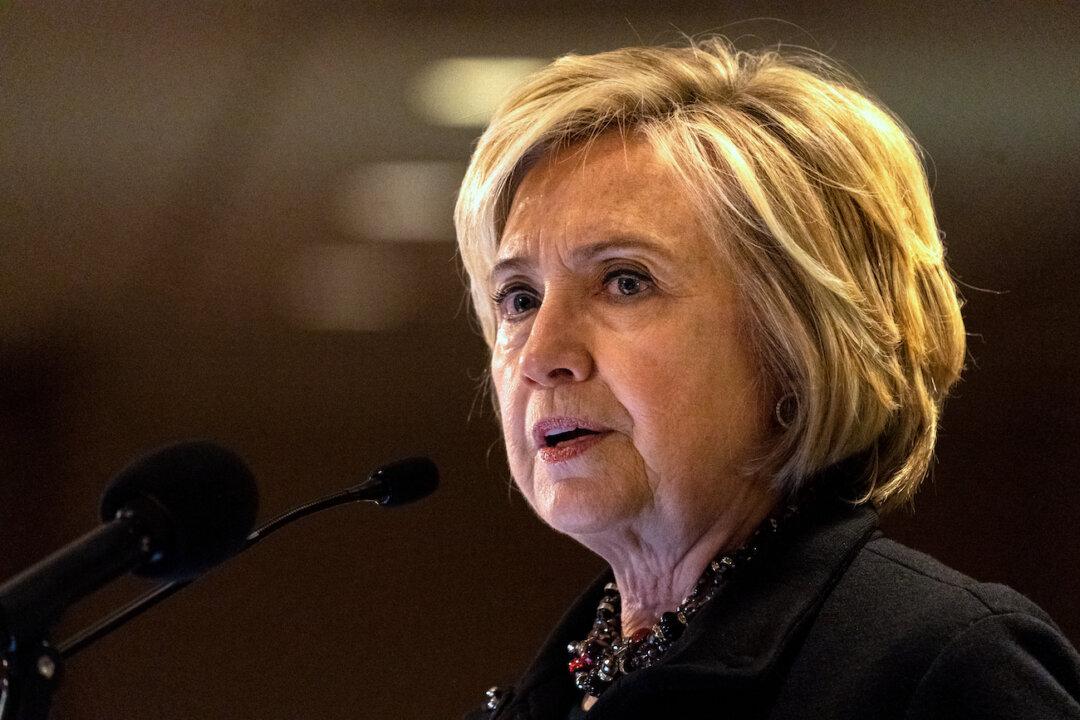A three-judge federal appeals court panel on Friday overturned an order for Hillary Clinton to sit for a deposition over her use of a private email server for government work while she was secretary of state from 2009 to 2013.
The order reverses a lower court decision that had granted conservative watchdog group Judicial Watch a request to depose Clinton and her former Chief of Staff Cheryl Mills over the emails.




